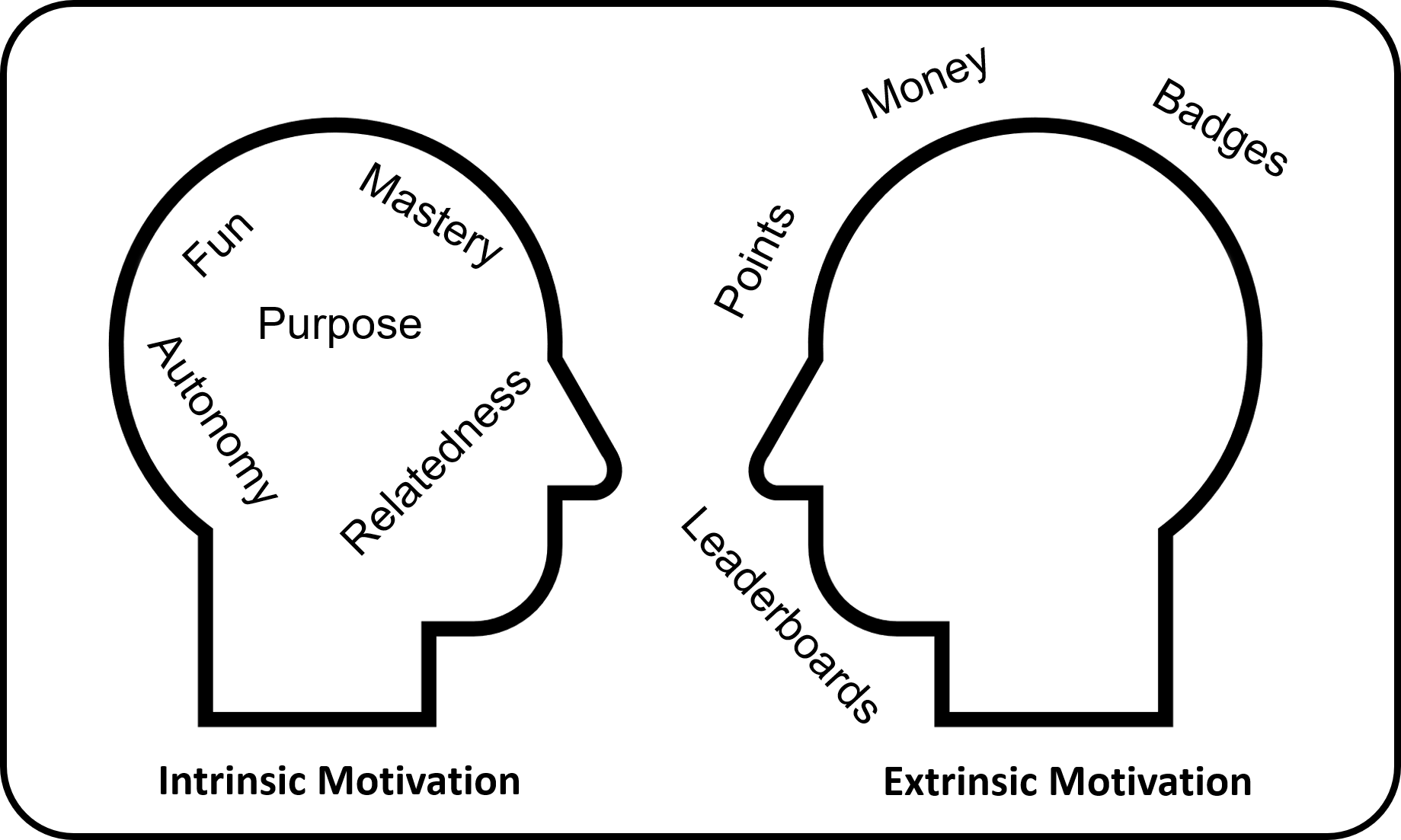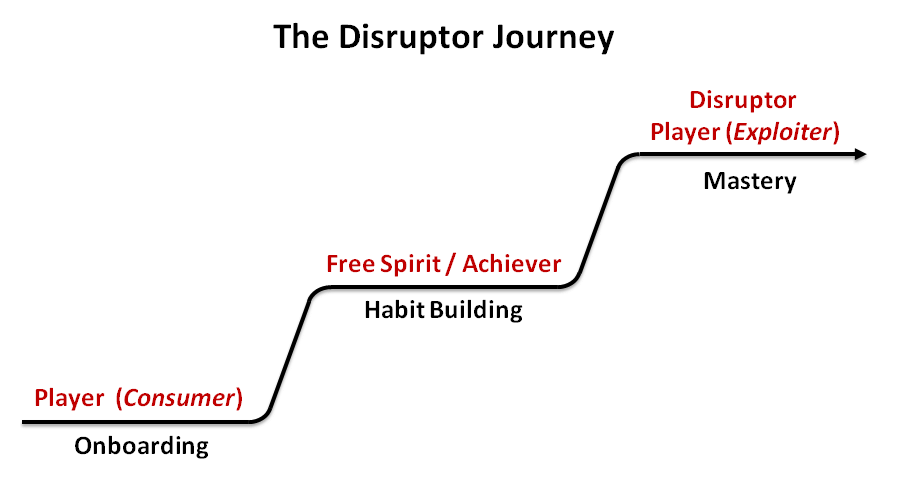Amazingly the question “But what if people get addicted to the solution and stop working” has come up in more than one conversation with clients over the years.
It’s an interesting question, that is worth thinking about. At first, it is easy to dismiss this as silly. When you think about it, thousands of games are released each year – about 9000 just on Steam in 2019 – the majority of them are totally unknown or fail. So how on earth is your gamified system going to become more important to people than the games they want to play or their work?





